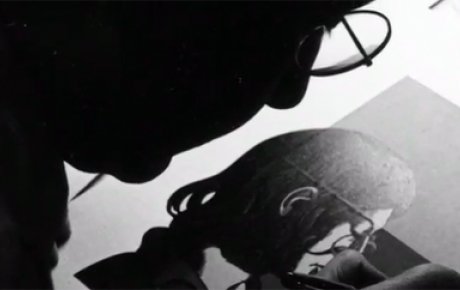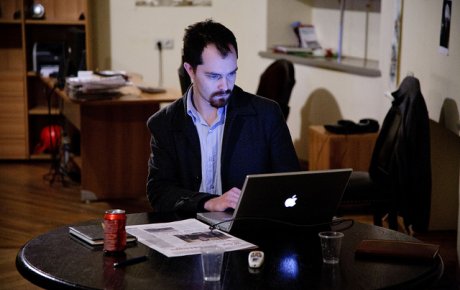The Capitoline Venus
[piano music]
Rusty Powell, Director, National Gallery of Art, Washington, DC: American museums, the National Gallery being one of the youngest of them, opening only in 1941, are fascinating institutions because they are directly related to the whole idea of Democracy. It is everyone’s right to a good public education, and museums are part of that. We educate everyone that comes, but we also get an international audience here. And over the years, the gallery has put together great, great collections of Italian art, and we certainly have one of the great ones right here.
Claudio Parisi Presicce, Director, Capitoline Museum, Rome, Italy: The Capitoline museum is the most ancient public museum in the world. Venus, or Aphrodite for Greek people, from the Capitoline museum, is the most famous art work of this museum. And we are happy to [bring it] here to increase relationship between Italian and American people.
Rusty Powell: This is one of the great masterpieces of world art. This is only the second time it has left the Capitoline museum. The first time was by Napoleon, who decided it might look better in Paris, so he took it back to France for a little while, and then it was returned in 1816. Other than that, it has never left Rome.
[Italian language being spoken in background of piano music]
Gianni Alemanno, Mayor of Rome: (translation from Italian) We were thinking about where to relaunch the [public] image of Rome in the imagination of the American citizens. And therefore, to reinforce the cultural exchange that there should be among different nations. And therefore, for us, the Capitoline Venus is, in some way, an instrument for communicating the image of Rome, but also, a way to show the friendship between Rome and Washington and other American cities where we’ve brought works of art.
Claudio Parisi Presicce: I think this is the first step of a new agreement that we will extend with the National Gallery of Art to be in connection in partnership for many activities of the museum.
Rusty Powell: The exchange of cultural objects enhances everyone’s experience of other cultures.
[jkg]



